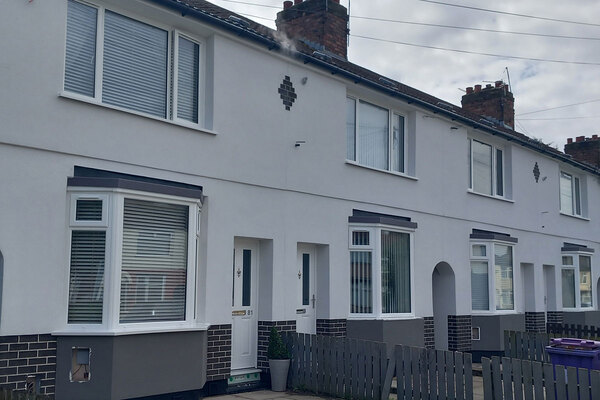Barnsley Council to retrofit hundreds of properties
More than £3m in government funding will be used to improve energy efficiency in hundreds of Barnsley homes, to tackle fuel poverty and cut carbon emissions.
Barnsley Metropolitan Borough Council’s cabinet is expected to approve the acceptance of two major grants at its next meeting on June 25. The money will support improvements in both private and council-owned properties across the borough over the next three years.
The council has secured £1.5m through the Warm Homes Local Grant, which will fund upgrades in private homes, and £1.5m through the third phase of the Social Housing Decarbonisation Fund for council housing. Each stream aims to support people living in, or at risk of fuel poverty by reducing energy bills and improving the energy performance of properties.
The funding comes from the Department for Energy Security and Net Zero and will run from 2025 to 2028, with the potential for a two-year extension if further money becomes available.
Properties will be targeted in clusters based on deprivation levels, fuel poverty data, and the current energy ratings of homes. Officers will work alongside housing association Berneslai Homes and local contractors to engage with residents and encourage take-up.
The council also plans to make use of existing funding through the ECO4 scheme and its own Affordable Warmth Programme to ensure as many residents as possible can benefit. A new project manager role within the council and a liaison officer within Berneslai Homes will be created to help deliver the work.
The programme will include a mix of traditional insulation measures, such as loft insulation, new doors, and LED lighting, as well as low-carbon technologies like solar panels and air source heat pumps. A minimum of 160 council homes will be upgraded through the scheme, with a 50:50 funding match from the council’s Housing Revenue Account.
The report notes that tackling cold homes has proven benefits beyond energy savings, helping to reduce health issues linked to poor housing conditions, such as respiratory and heart problems.
The funding bids were submitted last November and announced in February. Due to high demand nationwide, all councils received lower allocations than originally requested.
The money must be spent by March 2028.



